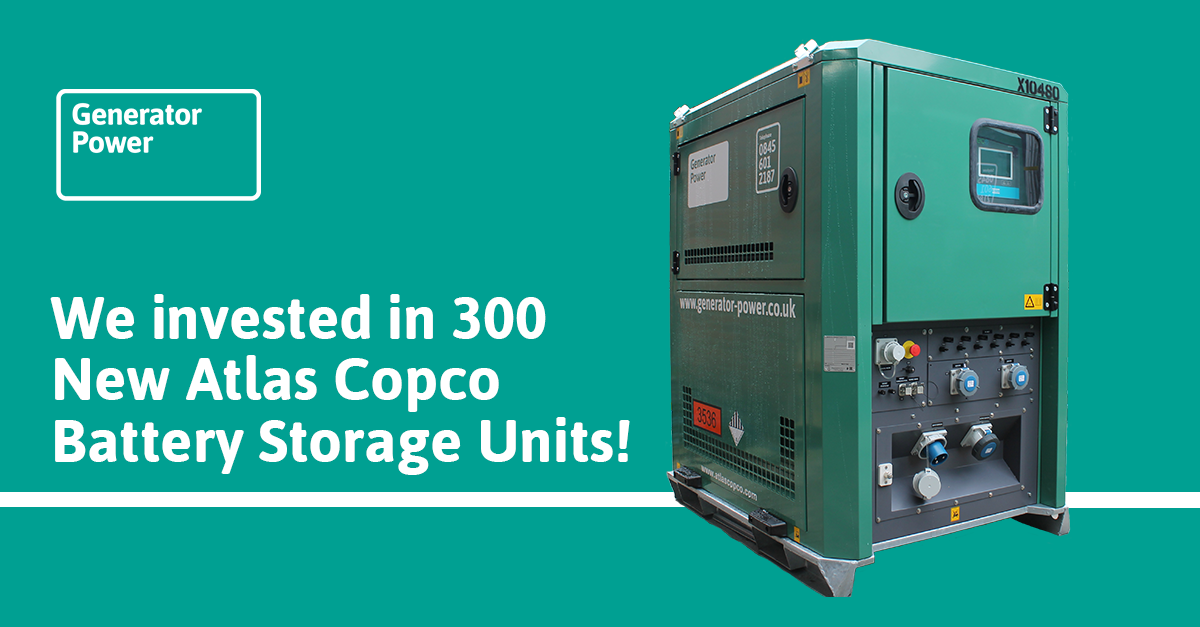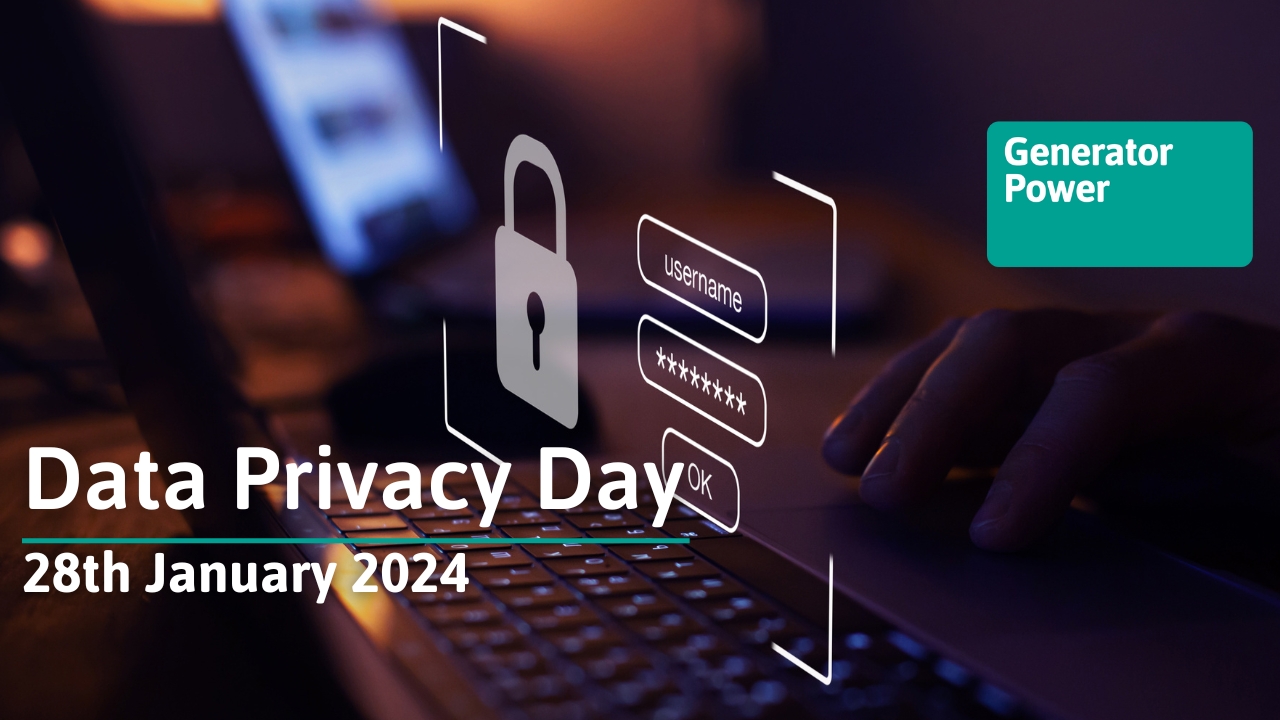In an emergency your power could be the first thing to go and in panic you’ll rush to return energy to your home. Whether it’s to keep you warm or contact emergency services you’re going to need some sort of power.
If you have a backup generator then it’ll be the first thing you turn to.
In emergency situations though it can be easy to forget normal protocols and mistreat equipment like generators which could mean that they end up harming you rather than helping you.
In this blog we’ll look at three mistakes to avoid when you’re operating your generator in an emergency and hopefully better prepare you.
Placement
As we have said time and time again throughout the blog, operating a generator without giving it proper ventilation can be disastrous.
If you’re going to purchase a generator or hire one in case of some sort of emergency make sure that you place it in a ventilated space that isn’t too close to home. By keeping it properly ventilated you’re avoiding the machine overheating which can eventually cause a fire, placing you smack bang in the middle of another emergency.
Fuel
If you’re expecting an emergency then you must stock up on fuel. Your generator won’t be able to power you home for long without it. If you don’t have enough then your generator will quickly become obsolete and you’ll be plunged back into darkness.
Most stationary units when filled to capacity can run for quite long periods of time but you should make sure with your supplier how long it will last.
You should never refuel a unit whilst it’s running. If gas was to spill on to a hot exhaust, or near a spark plug you could start a fire.
Maintenance
If you have bought a generator years ago to protect yourself in the event of an emergency then you’re going to have to make sure that it’s well maintained.
It’s no good purchasing one and then leaving it to deteriorate. When that emergency does come round, you generator will be useless. Little things like mixing in stabilizer with the fuel should help it in long-term storage.
In emergencies a generator could be your saving grace. You might need to power a pump to clear a flooded basement; if pipes freeze and then burst it you’ll have a fridge full of food that will need cooling.
Their uses are never ending, but you must remember that whilst they’re useful, if they’re mistreated they can be dangerous. Make sure you speak with your supplier before purchasing and understand everything that should be done and everything that shouldn’t be done with your generator in an emergency.








